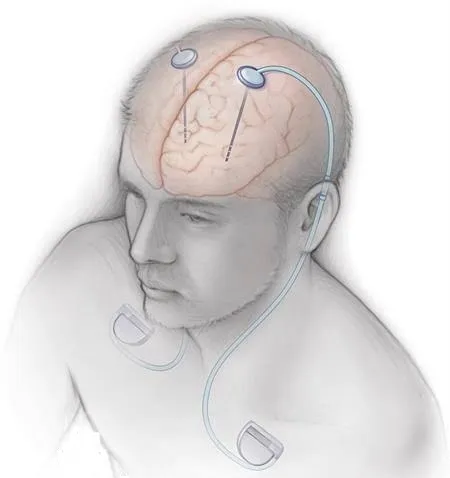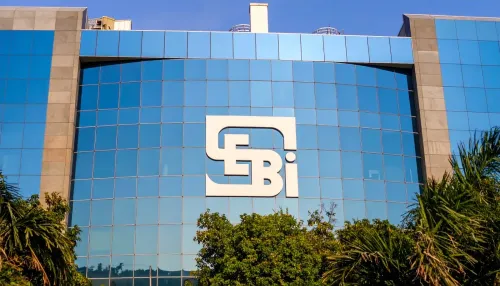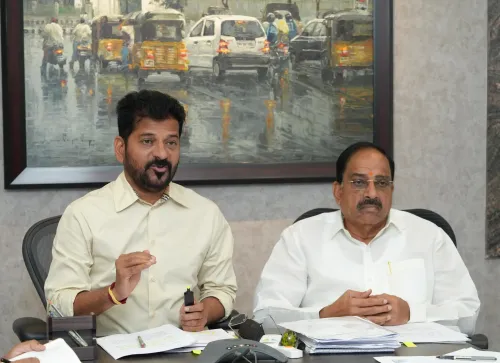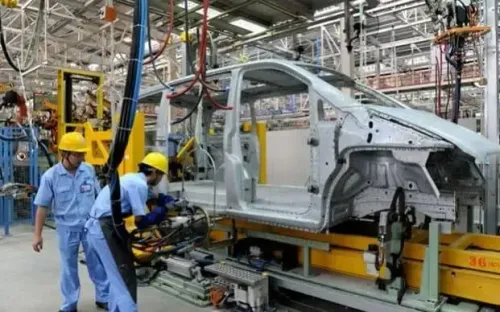Indian Deep Brain Stimulator Market Expected to Achieve 10% CAGR by 2033: Analysis

New Delhi, Dec 17 (NationPress) The deep brain stimulators (DBS) market in India is set to experience a projected compound annual growth rate (CAGR) exceeding 10 percent by the year 2033, as outlined in a report released on Tuesday.
The analysis from GlobalData, a prominent data and analytics firm, highlights that this growth is driven by the rising incidence of movement disorders across India. Furthermore, many patients face challenges in accessing suitable surgical treatments, leading to a significant treatment gap.
Deep brain stimulation (DBS) is a widely recognized treatment for conditions such as Parkinson's disease, epilepsy, and various other neurological disorders. This approach employs an implanted device that delivers an electrical current to targeted areas of the brain, with electrodes producing electrical impulses to enhance brain functionality.
The report indicates that the market for rechargeable deep brain stimulators in India is projected to constitute approximately 8 percent of the Asia-Pacific market by 2024.
This growth is bolstered by an expanding patient population, cost-effectiveness, a proficient workforce of neurosurgeons, and a developing healthcare infrastructure.
“As global life expectancy continues to rise, disorders related to aging are becoming more common,” stated Divya Soni, a Medical Devices Analyst at GlobalData.
“While DBS systems have become a viable treatment for these ailments, they are constrained by a battery lifespan of 3-5 years, necessitating periodic surgical replacements for non-rechargeable units, which can elevate patient burden and surgical risks,” Soni elaborated.
Soni emphasized that while DBS devices provide effective treatment options for individuals with movement disorders, they exhibit significant limitations.
She underscored the necessity for the introduction of “advanced DBS technologies that deliver personalized, data-driven therapy,” asserting that such innovations will set new benchmarks in precision care and enhance the quality of life throughout the country.









